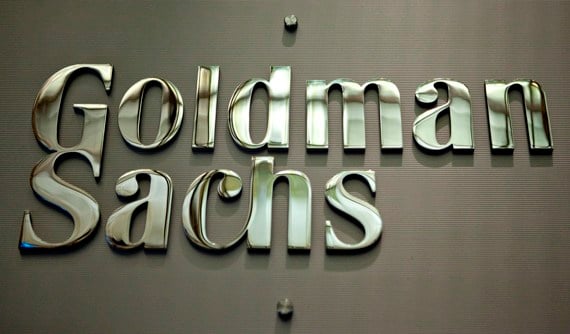Smith claims bank's only concern is making money off customers; 'makes me ill'
A departing Goldman Sachs Group Inc. employee mounted an unprecedented public attack on its “toxic and destructive” culture in a New York Times opinion piece, becoming the first serving insider to openly criticize the firm.
Greg Smith, identified by the newspaper as an executive director and head of the firm's U.S. equity derivatives business in Europe, will leave the firm after 12 years, blaming Chief Executive Officer Lloyd Blankfein and President Gary Cohn for losing hold over the firm's culture. Executive directors are junior to managing directors and partners, the most senior rank.
“I attend derivatives sales meetings where not one single minute is spent asking questions about how we can help clients,” Smith, a Stanford University graduate, wrote in the New York Times. “It's purely about how we can make the most possible money off of them.”
The attack adds to criticism from politicians and protesters who blame the company for triggering the financial crisis and profiting at clients' expense. Goldman Sachs has already faced congressional hearings probing its role in the financial crisis and paid $550 million in 2010 to settle a lawsuit accusing it of misleading investors in a collateralized debt obligation.
“This will certainly be damaging for the firm,” said John Purcell, founder of London-based executive search firm Purcell & Co. “It's obviously a very heartfelt piece. Maybe he's made a sufficient amount of money in his life that he isn't particularly bothered if he isn't employed in financial services again and works in a completely different world like teaching.”
‘Makes Me Ill'
A call to Smith's mobile phone in London wasn't immediately answered. Goldman Sachs said it disagreed with his criticism.
“In our view, we will only be successful if our clients are successful,” the firm said in a statement. “This fundamental truth lies at the heart of how we conduct ourselves.”
“It makes me ill how callously people talk about ripping their clients off,” Smith wrote. “‘Over the last 12 months I have seen five different managing directors refer to their own clients as “muppets,” sometimes over internal e-mail.”
Smith blamed the company's management for promoting employees who made money for the firm, often by getting customers to buy products that Goldman Sachs was trying to get rid of. If clients can't trust the firm, they will stop doing business with it, however smart its employees, Smith wrote in the Times.
“Culture was always a vital part of Goldman Sachs's success,” he wrote in the New York Times. “It revolved around teamwork, integrity, a spirit of humility, and always doing right by our clients,” he said. “It wasn't just about making money; this alone will not sustain a firm for so long. It had something to do with pride and belief in the organization. I am sad to say that I look around today and see virtually no trace of the culture that made me love working for this firm.”
Goldman Sachs's score was among the lowest in a recent study of corporate reputations, according to a Feb. 13 statement from Harris Interactive Inc., a market research firm.
--Bloomberg News--







